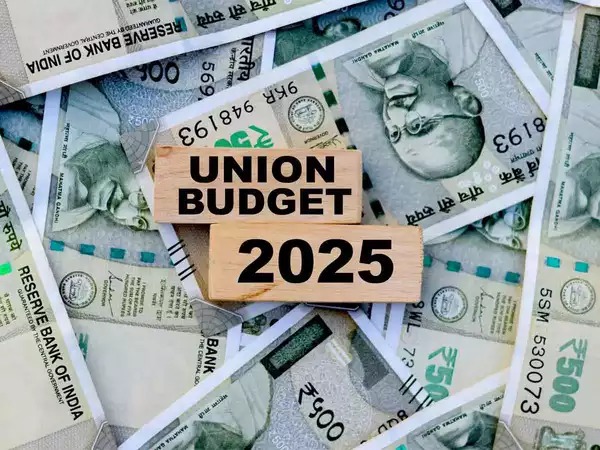For the upcoming fiscal year 2025–2026, the Union Government suggested giving the Jammu & Kashmir Union Territory Rs 41000.07 crore.
The Union Finance Ministry today suggested allocating Rs 41000.07 crore to the Jammu & Kashmir Union Territory in the Union Budget for 2025–2026 as part of budget transfers for Union Territories.
According to the Union Budget, there has been no increase in central support to J&K for the upcoming fiscal year.
Rs 40619.30 crore of the Rs 41000.07 crore allocated to J&K has been retained as government support to help J&K close its resource deficit.
Budget records state that Rs 101.77 crore will be used to fill the financial deficit for infrastructure projects, while Rs 279 crore will be distributed as grants to help the Union Territory Disaster Response Fund.
These documents show that the financial aid for Jammu & Kashmir for the current fiscal year has been changed from Rs 42277.74 crore to Rs 41000.07 crore.
The Jammu & Kashmir Police, which is administered by the Union Home Ministry, has been given Rs 9325 crore by the Indian government in the Union Budget for 2025–2026.
In accordance with the Ministry of Home Affairs’ (MHA) 2025–2026 grant requests, the J&K Police have been given Rs 9325.73 crore in the Union Budget. Of this sum, Rs 428.01 crore has been set aside for construction expenditures and Rs 8897.72 crore for revenue expenditures.
The Jammu and Kashmir Police, which is in charge of upholding and enforcing law and order as well as controlling traffic in J&K, has financial allocations to cover its administrative costs.
Since 2024–2025, the Union Budget has included funding for the J&K Police. The Union government has characterised the takeover of the J&K Police budget as an act of financial generosity, but opposition parties contend that it signifies that J&K will continue to be governed by the Union government for an extended amount of time.
With the passage of the J&K Reorganisation Act in 2019, the Union Government assumed legislative authority over the J&K Police. According to section 28 of the law that splits J&K into two UT states, “subject to the provisions of this Act, the Legislative Assembly may make laws for the whole or any part of the Union territory of Jammu and Kashmir with respect to any of the matters enumerated in the State List, except the subjects mentioned at entries 1 and 2, namely “Public Order” and “Police,” respectively, or the Concurrent List in the Seventh Schedule to the Constitution of India insofar as any such matter is applicable in relation to the Union territories.”




